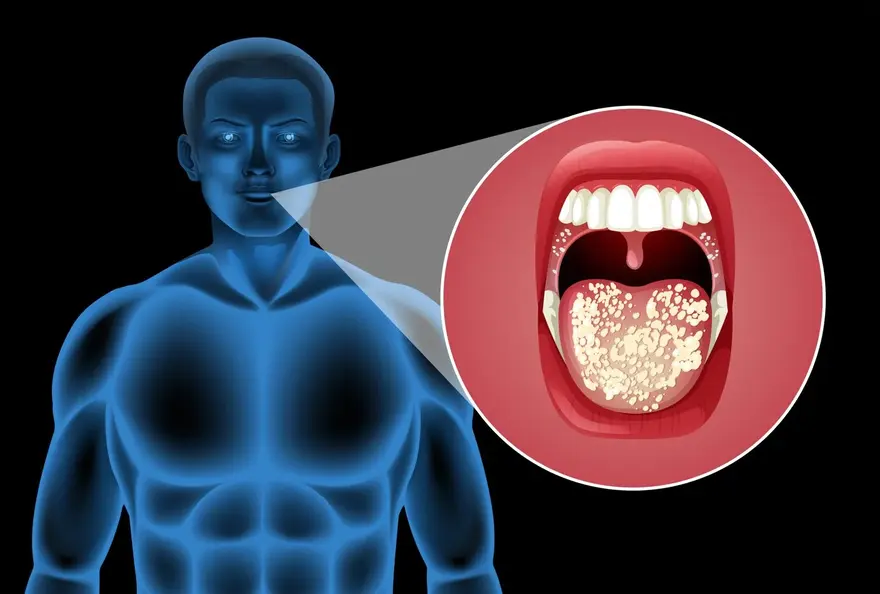Preventive Healthcare
Dizziness: Causes, Symptoms and Treatment
31908 Views
0

A dizzy feeling is a common symptom of many medical conditions. Dizziness can be caused by a variety of factors, including dehydration, low blood pressure, or even the weather. If you are experiencing any of these symptoms, it’s important to seek immediate treatment from your doctor.
What Is Dizziness?
The word "dizzy" comes from the Middle English dizzen, meaning "to stagger." It was first used in reference to drunkenness, but over time it came to mean anything that made one feel unsteady on their feet. Today, we use the term "dizziness" to describe a sensation of light-headedness, vertigo, or spinning sensations. These feelings may come and go, or they may last for hours at a time.
Symptoms of Dizziness
There are several different types of dizziness, each with its own set of symptoms. The following list describes the most common symptoms associated with dizziness.
• Vertigo – A sense of spinning or whirling
• Lightheadedness – Feeling like you might faint
• Nausea – An uncomfortable feeling in the stomach
• Headache – Pain behind the eyes
• Double vision – Seeing double images
• Sensation of falling – Like when you fall backward while standing
• Difficulty concentrating – Not being able to focus on what you are doing
• Balance problems – Unable to stand without holding onto something
What Causes Dizziness?
Dizziness is usually caused by an imbalance between the fluid levels inside and outside of the brain. This imbalance causes the fluids to shift around within the brain, which results in a loss of balance. In some cases, this shifting of fluids occurs because of a problem with the inner ear.
The most common cause of dizziness is a condition called benign paroxysmal positional vertigo (BPPV). BPPV is characterised by brief episodes of vertigo triggered by certain head positions. When you lie down, the fluid shifts out of the semicircular canals of the inner ear and into the middle ear. As soon as you get up, the fluid rushes back into the canals, causing the person to experience vertigo.
Meniere’s syndrome
Meniere’s syndrome is a condition that affects the inner ear and can cause vertigo, hearing loss, and tinnitus. The exact cause of Meniere’s syndrome is unknown, but it is thought to be caused by a combination of genetic and environmental factors.
Meniere’s syndrome can be a disabling condition, but there are treatments available that can help to improve symptoms. If you think you may have Meniere’s syndrome, talk to your doctor to get a proper diagnosis and discuss your treatment options.
Other causes of dizziness include:
• Migraine headaches
• Stroke
• Tumors
• Vascular problems
• Traumatic brain injury
• Multiple sclerosis
• Parkinson’s disease
Other Causes of Dizziness and Lightheadedness
Dizziness can also be caused by other factors. Conditions that can lead to dizziness in the heart or vascular system include:
Irregular heartbeat (atrial fibrillation)
Low blood pressure (hypotension)
Narrowed arteries (atherosclerosis)
These brain-related conditions can cause dizziness:
Head injury or Traumatic brain Injury (TBI)
Migraine
Multiple sclerosis
Other conditions which can cause dizziness are:
Alcohol use
Anxiety or stress are signs that you hyperventilate or overbreathe too fast
Carbon monoxide poisoning
Low blood sugar (hypoglycemia)
Medications
Vision problems
Treatment for Dizziness
The most effective treatment for dizziness is to identify its cause. If you have been diagnosed with Meniere’s disease, then your doctor will likely recommend medication. However, if you are experiencing dizziness due to another condition, it is important to see an ear, nose, and throat specialist who specializes in treating these conditions.
If you experience any of the following symptoms, you should contact your physician immediately:
• Difficulty in walking
• Dizziness or light-headedness
• Hearing changes
• Headaches
• Arm or leg numbness or tingling
• Neck pain
• Pain behind the eyes
• Problems concentrating
• Sudden onset of dizziness
• Vertigo
• Vomiting
• Weakness in limbs
Ear infections
Inflammation (irritation) can occur in the inner ear from viral or bacterial infections. Inflammation can interfere with your brain's ability to receive messages from your inner ear.
The vestibulocochlear nerve is a nerve found in the inner ear. It has two branches. Each branch connects to the brain.
The vestibular nerves send signals about balance. Vestibular neuritis occurs when the vestibular nerve becomes inflamed.
The cochlear nerve sends signals about hearing. Labyrinthitis can also develop if inflammation affects the cochlear nerve. Labyrinthitis can also cause ringing in your ears and hearing loss.
Treatments for ear infections include medication to alleviate nausea and dizziness. Antiviral drugs, antibiotics, and steroids may also be required.
What is The Difference Between Dizziness and Vertigo?
Dizziness and vertigo are both common conditions that can cause a feeling of disorientation or unsteadiness. However, they are two distinct conditions with different causes and treatments.
Dizziness is a general term that can describe a range of sensations, including lightheadedness, nausea, and fatigue. It is often caused by dehydration, low blood sugar, or anxiety. Vertigo, on the other hand, is a specific type of dizziness that is caused by a problem with the inner ear. It can cause a spinning sensation and is often accompanied by nausea and vomiting. Vertigo is usually caused by inner ear infections or head injuries.
While both conditions can be treated with home remedies, vertigo often requires medical treatment. If you are experiencing dizziness or vertigo, it is important to see your doctor to rule out any underlying medical conditions.























 WhatsApp
WhatsApp